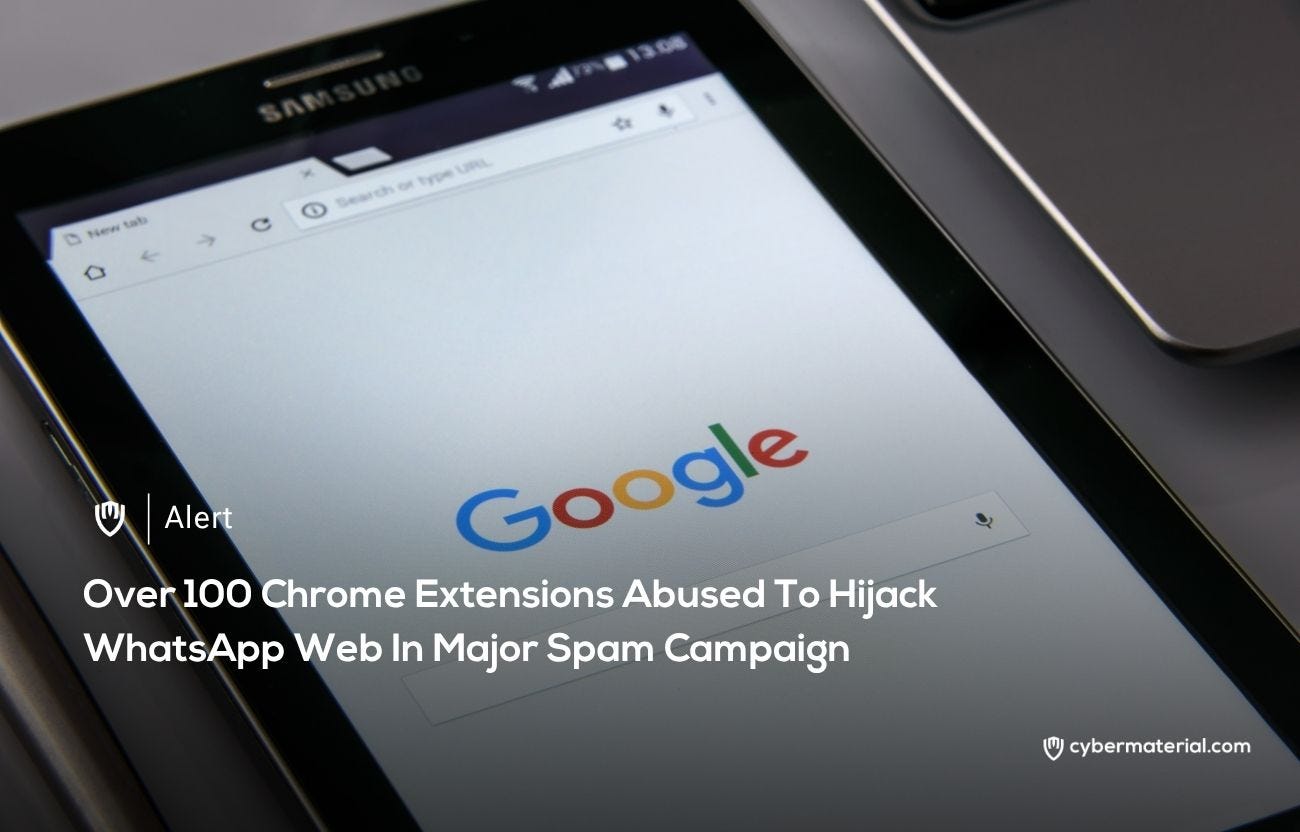
Cybersecurity researchers have uncovered a sophisticated and long-running spam campaign that has been leveraging 131 rebranded clones of a specific WhatsApp Web automation extension available in the …

Cybersecurity researchers have uncovered a sophisticated and long-running spam campaign that has been leveraging 131 rebranded clones of a specific WhatsApp Web automation extension available in the …